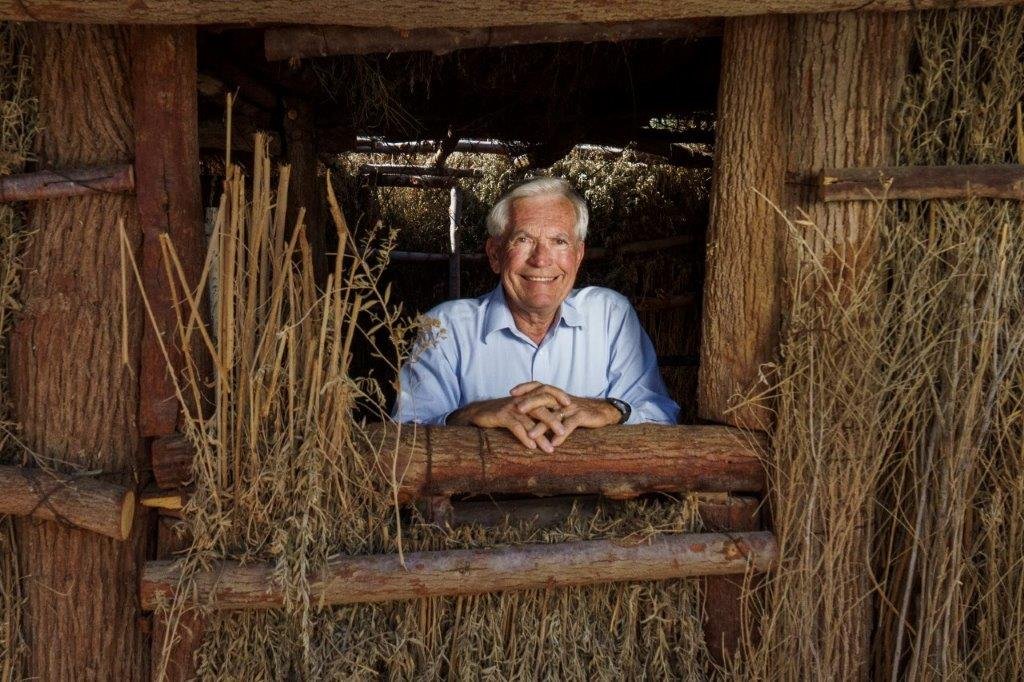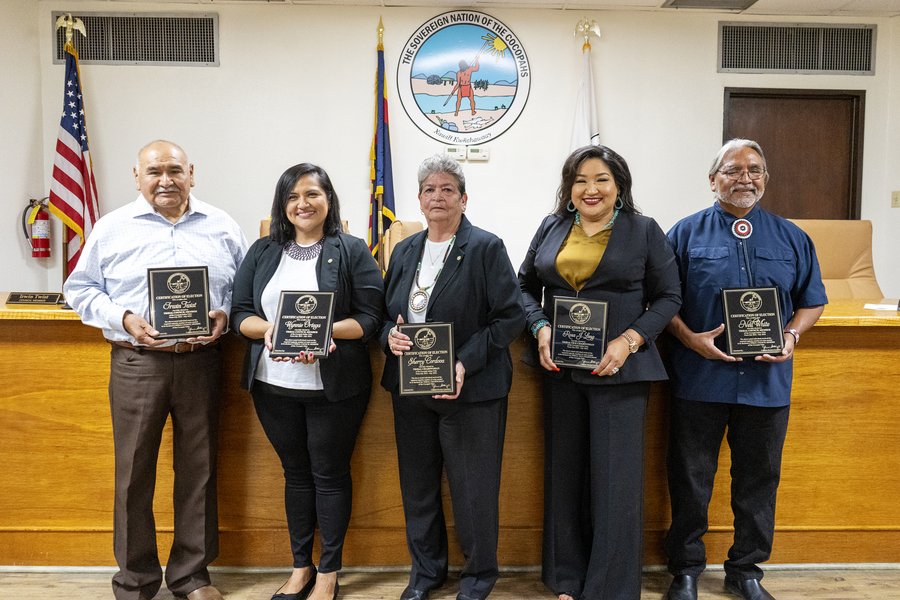Cocopah Indian Tribe turns convention and entertainment center into solar-powered revenue generator
Federal funding will help finance a major solar installation, saving the tribe millions
FUNDING SOURCE
IRA, Direct Pay
partner organization
Local First Arizona
When Gary Magrino presented the Cocopah tribal council with an $8 million proposal for a solar farm on a closed landfill, he wasn’t exactly sure how they’d respond. The cost was significant for the small tribe, but the benefits to its community would be, too.
The council approved the plan to create a 15-acre installation able to generate up to 90% of the electricity needs for the tribe’s hospitality, convention and entertainment buildings.
But that was just the beginning of the good news, when Magrino found an unexpected source of funding that could lower the Cocopah Indian Tribe’s costs: The federal government.
“They were ecstatic when they found out the federal government would help,” said Magrino, the tribe’s business development manager. “With a grant, we could pay this thing off in two years.”
The tribe counts about 1,200 members, including around 400 living on its reservation in Somerton, a rural town near Yuma and the U.S.-Mexico border in southwest Arizona.
A $5 million grant from the U.S. Department of Energy means the tribe will be able to realize savings much sooner than it originally anticipated. In addition to the Cocopah tribe, 12 other Tribes and Alaska Native communities received U.S. Department of Energy funding to support projects that reduce costs, improve energy independence and reduce pollution.
“Our timing was just right,” Magrino said.

SCALING WAS CRITICAL
After the Cocopah tribe closed the 150-acre landfill, they were left with the decision of what to do with the land. It was covered in three inches of gravel, and options seemed limited. Magrino said they asked around and learned that other now-closed landfills were being used as platforms for solar farms.
But 150 acres would be a tremendous expense. So they scaled it down to 15, knowing that would generate enough power to dramatically offset costs. When paired with grant funding and the option to receive direct pay through newly expanded federal tax credits, the Cocopah Tribe will only have to pay about $500,000 in the end, according to Magrino.
“What do you do with a landfill? You can’t build on it,” Magrino said. “This is the perfect thing. And when the federal government thinks you are doing the right thing, that’s a double win.”
The Cocopah Tribe expects to save $332,000 in operating costs the first year alone, totaling more than $14 million over the course of 30 years.
When it came time to write the grant proposal, the Tribe received assistance from the Arizona Economic Resource Center powered by Local First Arizona, a nonprofit that supports local businesses and tribal communities across the state. Magrino said the organization’s support through the entire grant process was integral to receiving the funding.
“I can’t say enough about Local First because we don’t have a grant writer down here. I’m the closest thing we have, and I can‘t spell,” Magrino said, joking.


MORE FUNDING FOR COMMUNITY SERVICES
The cost savings from the project will be reinvested into programs for the community, including a daycare, a Head Start, a community center, a wellness center and a vocational training center, to improve the quality of life for tribal members while advancing educational and economic opportunities
“There’s more disposable income for the Tribe. We now have a lot of money we were going to put out. It’s hard dollars, because we’re not paying the utility company for that electricity,” Magrino said. “Over the course of 30 years it adds up to a significant amount. It can go into the parks and everything else the tribe needs.”
Magrino said he also expects the project to drive job creation during the design and construction phase.
“I’m proud of our council,” he said. “I thought they’d throw me out the window and say ‘That’s crazy.’ But, we’re doing a cost avoidance. And, we’re getting national recognition for it.”
The Inflation Reduction Act (IRA), passed by the 117th Congress and signed by the Biden-Harris administration, is a piece of federal legislation that aims to reduce inflation by lowering the cost of prescription medications, investing in domestic energy production and promoting clean energy, among other objectives.

Copyright © 2023 all rights reserved




